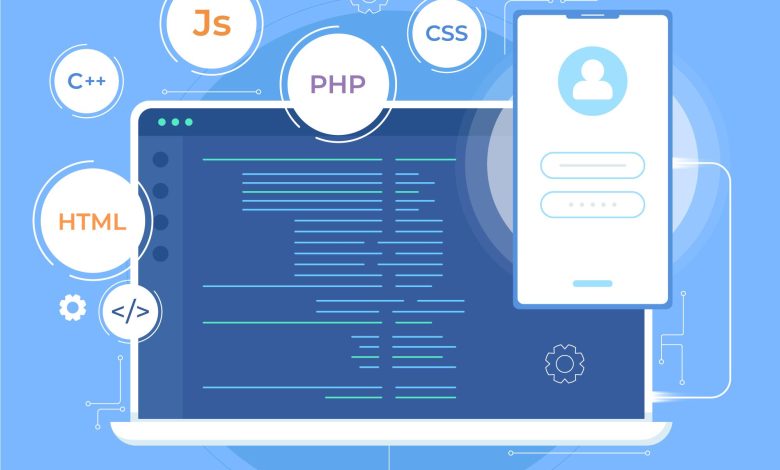The Fundamentals of Developing Custom Applications

The SDLC refers to the planned and systematic development of a software product. Application development entails the creation of a software or combination of programs to do a certain purpose, such as keeping track of customers’ bills or managing accounts, as well as speeding up corporate processes and boosting application efficacy. A custom application, also called custom software engineering, is a type of software development based on pre-built templates or packaged solutions. Special application development technologies are custom techniques to give a solution to a client’s difficulties if they wish to incorporate their ideas into a pre-developed application to produce a unique application. Custom application development can help you come up with fresh innovative ideas to match the client’s individual needs and preferences as rapidly as feasible.
The objective of a bespoke application solution is to create a one-of-a-kind application for the customer, not to create an app for a group of clients. Custom-developed applications are encouraged to combine the most cutting-edge technology with the client’s preferences and expectations. Custom-developed applications can be designed in stages, allowing for all refinements and any hidden threats to be considered, even ones not stated in the requirements.
Customization of an application: Challenges and Benefits
Software developed for a specific function or purpose is called custom application development. The main difference between packaged apps and custom applications is that packaged apps are designed to be used by a wide variety of users. Custom application development may provide your program with whatever functionality you want. Only time and money are constraints.
While customizing software, there may be unavoidable expenses and dangers. Both the expense and the risk of custom software development are significant. When a customer purchases a custom-developed program, he may encounter issues ranging from software installation to adaptation to the client’s demands and objectives. Managing these challenges can take a long period, resulting in time, effort, and financial losses. However, it can be classified as a “force majeure” because no software solution can truly anticipate every potential issue.
It’s not uncommon for a custom application development company to be somewhat costly. A pre-developed software solution, on the other hand, is unlikely to be able to suit all of a customer’s preferences and requirements in the same way that a bespoke software solution can.
A few elements have a role in the creation of custom applications:
- A thorough examination of the company’s requirements
- Specifications and requirements preparation
- The first design concept
- Programming/coding
- Research and development (verification & validation)
- Providing the client with training and support materials
- Continuous growth and upkeep
Client benefits from one-of-a-kind applications
- Customizing their apps to meet the business needs of their clients
- Developing programs that are useful, portable, and adaptable
- Making data available over the internet to everybody in the world
- Providing solutions when a store-bought app isn’t enough
Custom Application Development’s Advantages
It’s not always simple to choose between bespoke software and a ready-to-use off-the-shelf alternative. Most organizations, on the other hand, will discover that bespoke software provides far more benefits than mass-produced software. The following are some of the most significant advantages of bespoke software development:
Find a product that is one-of-a-kind and innovative.
Because no two organizations are identical, it makes sense for them to look for software that caters to their specific requirements. A customized software product ensures that the software has all of the features and functions that the company needs to simplify its operations.
Software developers may produce software that supports corporate objectives and allows businesses to expand. Custom business software may support the functional model better than any off-the-shelf solution since it is tailored to an organization’s identity and needs.
Improve the Scale of Your Company
An illustration of a company’s expansion. Your firm can benefit from custom software development as it grows. Every company aspires to expand its activities in the long run. This generally entails developing new goods, services, and methods. A company’s expansion can be challenging for off-the-shelf software, resulting in productivity and functionality losses. Bugs can develop when firms try to adapt off-the-shelf software to fit their expansion, creating business interruptions.
Custom software development has the advantage of being able to handle business expansion while being bug-free. This implies that companies may use and update proprietary software for many years without having to buy new off-the-shelf items.
Boost Employee Engagement and Productivity
When compared to firms that utilize bespoke software, organizations that rely on off-the-shelf software that does not provide all of the features and capabilities that the company need frequently encounter greater interruptions. Software tailored to a company’s specific needs may help employees work more effectively and confidently.


